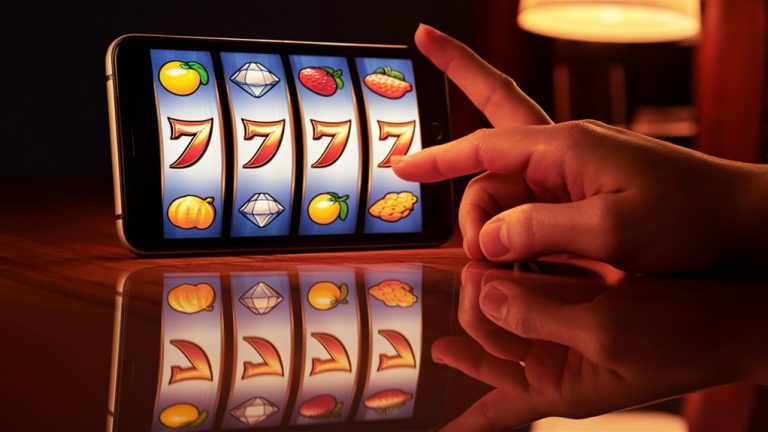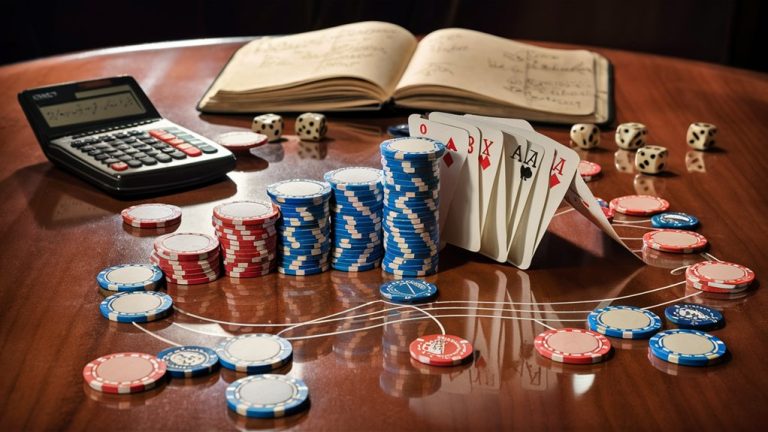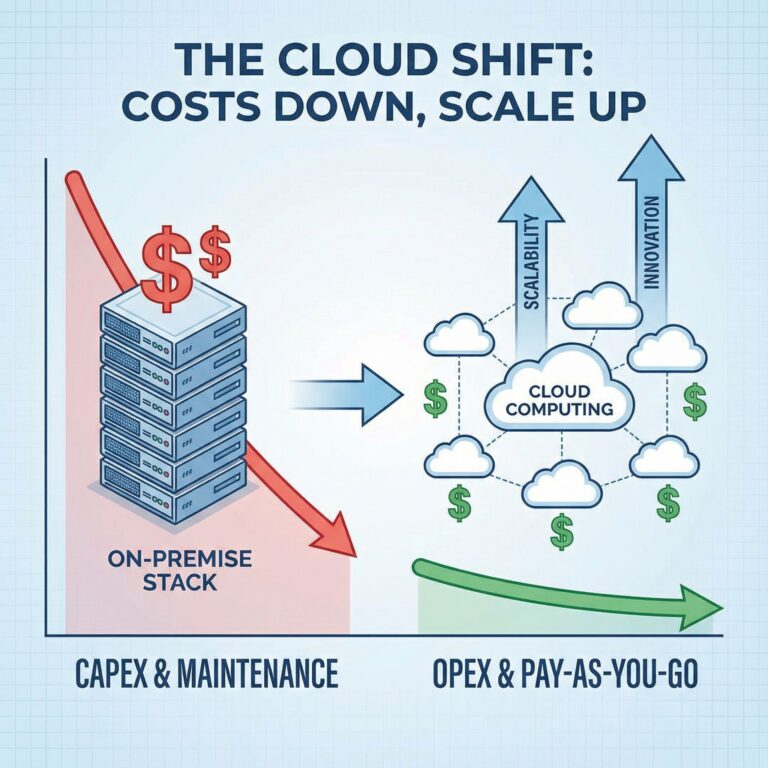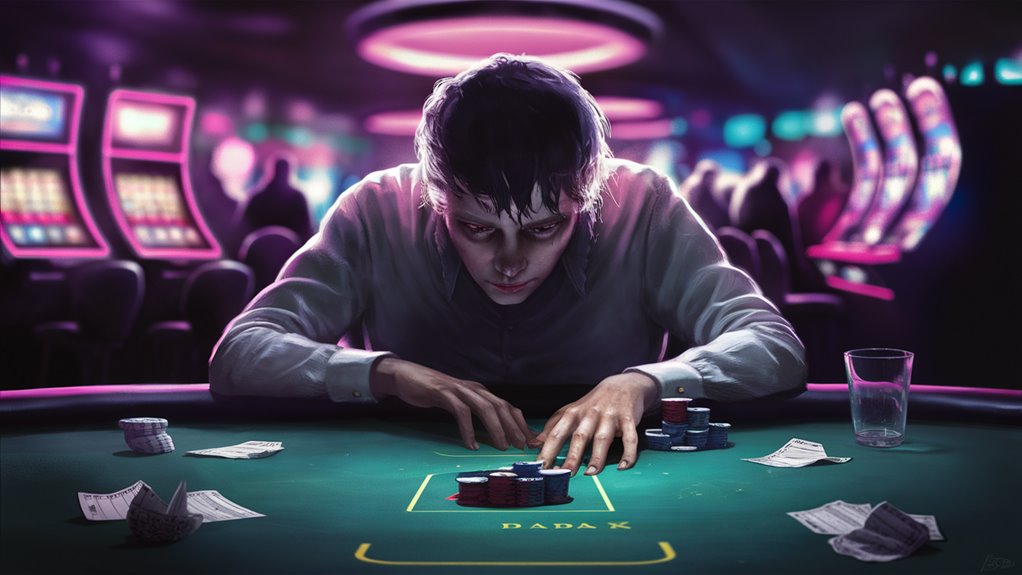
Why People Get Hooked: Knowing Gambling Risks
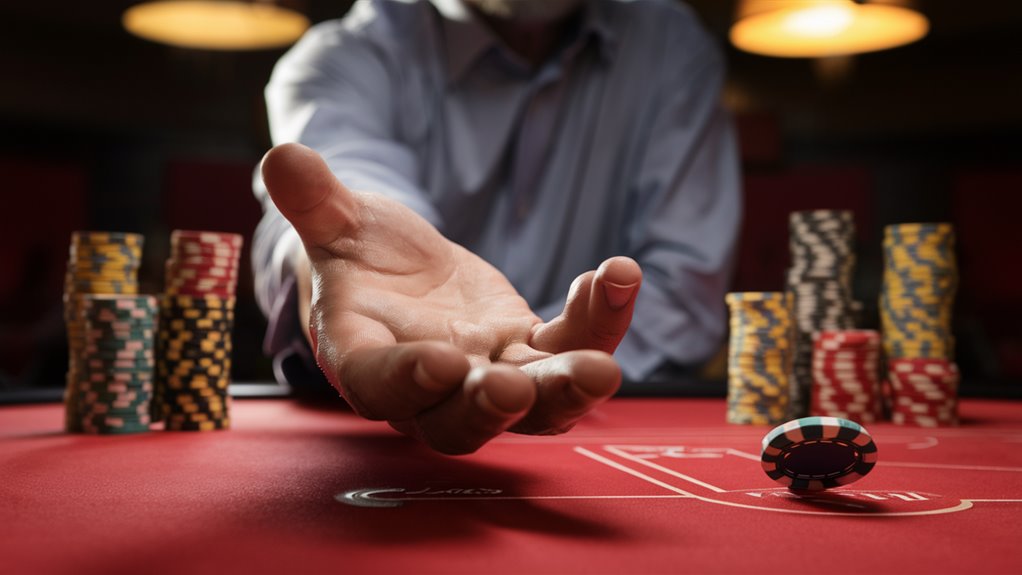
Gambling addiction changes the brain’s joy system by strong dopamine hits when people bet. This changes the brain, making paths that stick even when betting stops, which makes breaking the habit tough.
Main Risk Points for Gambling Problems
Genes play a big role, with family background making it up to ten times more likely to get hooked. Starting young makes it worse, as the young brain can easily take on new habits.
How the Digital Age Upped Gambling Risks
Today’s world makes gambling issues worse with:
- Betting sites on phones 24/7 상세 자료 비교해보기
- Smart systems made to draw you in
- Easy online pay
- Social sites push betting more
How Brain Changes Lead to Addiction
Brain shifts happen through:
- Breaking the dopamine system
- Changing reward paths
- Losing impulse control
- Hurting how we make choices
Knowing these brain shifts helps understand how addictions form and how to fix them. The mix of mind pulls and body reactions makes it hard to break the cycle, needing full therapy help.
The Brain’s Joy System
The Science of Joy in the Brain
Getting the brain’s joy system helps us see how addiction happens.
When we do fun things, the brain lets out dopamine, a key chemical for feeling good and wanting more. While normal fun like food and friends trigger this system, certain actions can make it react big.
How the Brain Makes Addiction
The brain’s joy zone, mainly the nucleus accumbens and prefrontal cortex, get too used to addictive things.
Making those paths stronger happens each time we enjoy, while bad results can oddly make us seek rewards more, through chasing fun.
Studies show that waiting for fun often drives the need to act out more than the fun itself.
Brain Changes and Outside Pulls
With each time exposed, the brain’s joy system changes a lot.
Releasing dopamine links not just to the main fun but also to stuff and places around it. This builds strong brain links that make us crave deeply, making it hard to stop even when we know it’s bad.
The broken joy path can stick around long after the fun stops, showing how tough fixing addiction can be.
Important Parts of Joy in the Brain:
- Dopamine signs
- Making brain paths sensitive
- Linking to stuff around
- Waiting for rewards
- Making acts stick
Risks and Signs to Watch For
Know Gambling Risks and Red Flags
Main Risk Areas
Genes and surroundings matter a lot for if you might get a gambling problem.
If your family has addiction history, your risk can go up ten times.
Starting bets young makes you much more open, and mental issues like sadness, worry, and drug problems often go hand in hand with gambling issues.
Big Signs to Spot
What to Watch
- Betting more to keep the buzz
- Lying about gambling
- Not being able to cut down on bets
- Using bets to hide from troubles or sad feelings
Later Red Flags
- Money woes like borrowing for bets
- Trying to win back losses
- Sad if can’t bet
- Family ties getting worse
- Work problems
- No cash stability
Catch It Early and Step In
Having three or more warning signs means there’s a big risk needing expert help.
These signs often come on bit by bit, making it key to spot them early.
Getting help early really helps when you start fixing the problem before it gets too big.
Online Gambling and Tech
The Tech Shift in Betting: How Tech Shapes Modern Play
How Tech Changed Gambling Reach
The start of online betting spots has totally changed how we play and bet.
Phones and computers now let us get to online casinos, sports betting, and virtual poker rooms all the time.
This always-open door has knocked down old barriers, making a 24/7 bet world that brings new tests for keeping betting safe.
Tech That Draws Us In
Betting places use smart tech systems and mind pulls to keep us coming back. Main tricks include:
- Changing rewards
- Ads made just for you
- Social play links
- Easy pay tech
- Crypto pay
These tech bits take away the mind blocks linked with old cash ways, making us spend easy and maybe hiding the real money hit.
How It Hits Young Folks and Play Trends
Social Sites and Game Tricks
Social places and new game moves shape how young folks think about betting.
Fantasy cash and prize boxes start young ones on betting ideas.
Research shows that users of online bet services fall into addiction faster than folks who go to real casinos, due to:
- Always being able to play
- Less time to cool off
- Always seeing it
- Fast pay ways
- Better joining tricks
The mix of play and betting on online spots brings big challenges for keeping betting safe and stopping addiction issues.
How Betting Hits Families
Big Family Impact of Betting

Money and Feeling Fallout
Trouble with bets sends shock waves through families, with big money and feeling hurts.
Family groups often face huge losses, like losing life savings, homes, and facing debt cycles that last.
Kids hurt the most – they deal with no emotional support, shaky homes, and a big chance of getting bad habits too.
How It Hurts Relationships
Betting addiction really hurts how spouses get along, with more mind health issues seen in partners.
Studies show a big jump in sadness, worry, and home fights in families dealing with betting issues.
Links often break from hidden debts and lies, with split rates 25-30% higher than normal among heavy bettors.
Wider Family Hurt and Fixing It
The bad reach of betting sickness goes to all the family.
Wider family folks often use up retirement money to help in crises, while family businesses can fall from bet-related money wrongs.
Fixing paths need:
- Full family talks
- Money advice from pros
- Setting up clear checks
- Open talk rules
- Trust fix plans
Long Help Plans for Families
Strong family healing needs planned help mixes with care support, money fixes, and steady checks. Making firm help groups and clear lines are key for long family healing and steady ground.
Choices and Help for Betting Issues
Help Choices and Support for Betting Struggles
Proven Help That Works
Full fix programs offer solved help plans based on true study.
Mind Change Plans (CBT) are key, aiming at bad betting habits and changing trouble acts.
Through planned one-on-one talks and group sit-downs, folks build key ways to cope and spot personal pulls.
Help from Medicine and Care
Med help matters a lot, mainly for those with other issues too.
Mood Lift Pills (SSRIs) are shown to cut down betting wants and handle linked mind symptoms.
Stay-in help places give strong backing through mixed ways, mixing care acts, med handling, and full life changes.
Help Groups and Tools for Getting Better
Meetings for Gamblers bring key friend support through a set 12-step model.
Money help gives needed advice for money control and setting up steady money actions.
New fix ways bring in tech aids, like:
- Programs to stop betting
- Apps to block bets
- Digital tools to track getting better
- Online help groups
These fix tools work together to build a strong help group, raising long win rates and keeping better results steady.
Ending the Betting Loop
Ending the Betting Loop: Full Guide to Stop Gambling
Knowing the Cycle of Betting
The betting addiction loop follows a set way that starts with outside and inside pulls.
These pulls – be it stress, sad feelings, or places and things – start a run of acts that keep the addiction going.
Finding and Handling Pulls
Main pulls for betting issues include:
- Money stress
- Emotional load
- Past betting thoughts
- Places and things
- Social spots
Stopping the Cycle with Plans
Managing Money
Setting up strong money rules is key for getting better:
- Working with trained money helpers
- Making planned money plans
- Building check partnerships
Mind Help
Tested mind-help ways work well for betting issues:
- Mind Change Plans (CBT)
- Being mindful
- Dealing with stress
Building Strong Blocks
Tech Fixes
- Putting in betting-block software
- Setting money limits
- Setting online play blocks
Help Groups
- Joining addiction help groups
- Building getting better networks
- Setting up checks with others
Plans for Long Getting Better
Staying strong builds getting better over time with:
- Regular mind care
- Keeping up with support groups
- Staying on top of pulls
- Money checks
The road to breaking from betting needs steady work and well-planned acts at many levels, leading to lasting getting better and better life quality.
Stop Plans That Work
True Stop Plans for Betting That Work
Tested Stop Ways
Early learning is the base for good betting stop, mainly in teen years when risk of getting hooked is high.
Knowing real math odds and built-in risks builds a needed knowledge block against trouble acts.
Putting in Safe Blocks
Money safe steps and safe moves cut down trouble betting a lot:
- Limiting money put in
- Time checks
- Choosing to stop programs
- Watching accounts
Research shows these controls can cut trouble betting by up to 30%.
Signs and Risk Handling
Stepping in early leans on seeing key warning signs:
- Chasing lost money
- Hiding betting acts
- Borrowing money for bets
- Betting more often
Building Safe Factors
Help groups and good coping ways give needed protection against the urge to bet.
Mind change plans (CBT) fight well against betting-linked mind twists and stop trouble paths from starting.
Protocol for High-Risk
People with family addiction past need more stop steps:
- Often mind health meetings The Impact of Government Regulations on Gambling
- Money talks
- Learning to budget
- Money handling classes
These full stop plans build strong defenses against betting issues before trouble acts start.
